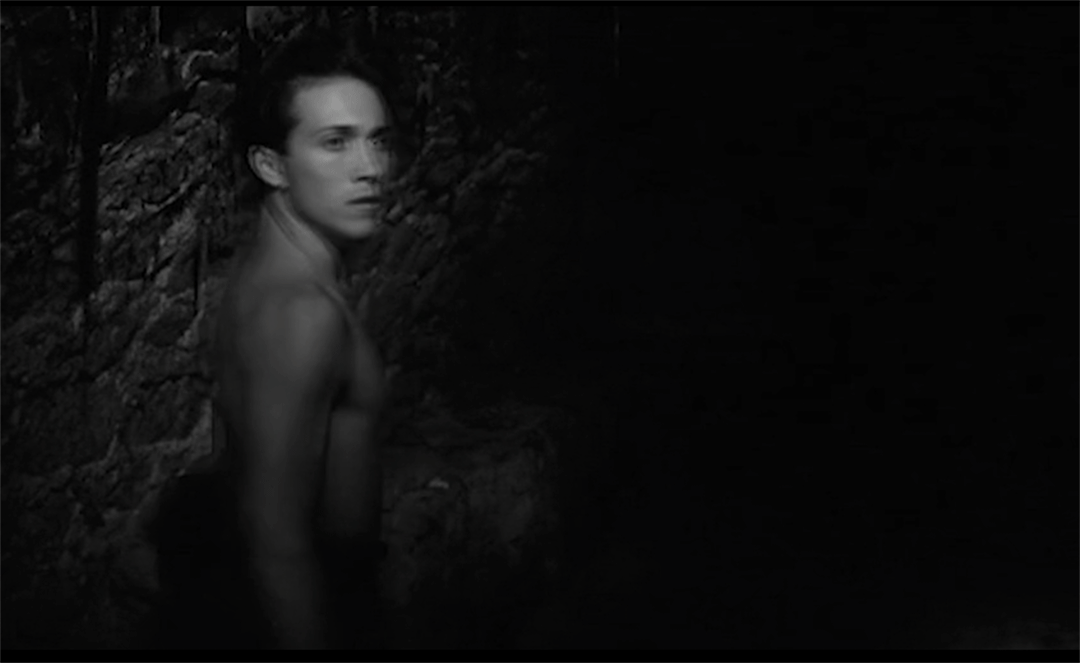Forms of rage in Franco's Spain
Abstract
 This video essay explores how the film Black bread (2010) by Agustí Villaronga foregrounds the relationship between vulnerability, fear, and rage in the context of economic, political, and sexual repression. It is a film that depicts a world of inequality and homophobia where children learn that violence is not an anomaly but a tool. Through the audiovisual format I argue that the film provokes thought on the complexity of rage and how to either challenge or perpetuate heteropatriarchal norms. The film makes visible the process through which the powerful manipulate the rage of the marginalized by shifting blame for their oppression. When shame and fear fuel rage, it loses its productive potential and becomes destructive. In denying his roots out of fear and rage, the protagonist reconstructs himself in the image of those behind his pain. There is no cinematic vision of a remedy to cruelty, or a productive use of rage. The conclusion suggests that representing that destructive process is enough.
This video essay explores how the film Black bread (2010) by Agustí Villaronga foregrounds the relationship between vulnerability, fear, and rage in the context of economic, political, and sexual repression. It is a film that depicts a world of inequality and homophobia where children learn that violence is not an anomaly but a tool. Through the audiovisual format I argue that the film provokes thought on the complexity of rage and how to either challenge or perpetuate heteropatriarchal norms. The film makes visible the process through which the powerful manipulate the rage of the marginalized by shifting blame for their oppression. When shame and fear fuel rage, it loses its productive potential and becomes destructive. In denying his roots out of fear and rage, the protagonist reconstructs himself in the image of those behind his pain. There is no cinematic vision of a remedy to cruelty, or a productive use of rage. The conclusion suggests that representing that destructive process is enough.
Downloads
Publication Facts
Reviewer profiles N/A
Author statements
- Academic society
- N/A
- Publisher
- Grupo de Investigación Cultura Digital y Movimientos Sociales. Cibersomosaguas
Article download
License
In order to support the global exchange of knowledge, the journal Teknokultura is allowing unrestricted access to its content as from its publication in this electronic edition, and as such it is an open-access journal. The originals published in this journal are the property of the Complutense University of Madrid and any reproduction thereof in full or in part must cite the source. All content is distributed under a Creative Commons Attribution 4.0 use and distribution licence (CC BY 4.0). This circumstance must be expressly stated in these terms where necessary. You can view the summary and the complete legal text of the licence.













